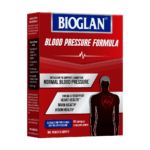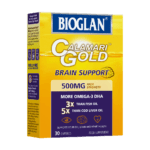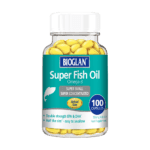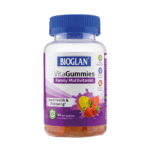On our Health Unwrapped podcast series this week, host, Natalie Silverman, continues her wellness journey with nutritional therapist and author of ‘Burnout’s a B*itch’, Rosie Millen.
One day, six years ago, Rosie was walking with a friend in the park when, out of the blue, she suddenly felt very dizzy. Before she knew it, her knees had given way, and she collapsed. Rosie took a taxi home and crawled into bed, which is where she stayed for the next three years.
Rosie experienced burnout, a condition officially legitimised by the World Health Organisation in May 2019. So, what is it exactly and more importantly, what can we do to avoid it and stay energised?
You can listen to the full conversation here.
Meantime, here are a few top tips based on Rosie’s personal experience and expertise:
When does burnout happen?
“You often get burnout when your plate is already full, but you keep on adding to it. When you keep going, lots of stress builds up over time and that’s when your adrenal glands can become fatigued.”
What are the symptoms?
“You often find small tasks challenging – sometimes you can’t even do simple tasks like brush your teeth. You lose your drive and motivation. Sometimes you can develop low blood pressure and feel very dizzy. Some people have dark circles under the eyes, grey skin and intense fatigue after any kind of exercise.”
Eat well
“One way you can help avoid blowout is by making sure you’re eating enough food. Blood sugar balancing is key too – if you skip a meal your blood glucose level can drop, and it tells your adrenal glands to release cortisol into the bloodstream. Try and eat every 3-4 hours, with protein at every meal and snack. Avoid energy-zapping foods like coffee that give you a temporary fix but make you feel fatigued afterwards. And make sure you’re eating slow-release carbohydrates rather than refined carbohydrates.
Important neurotransmitters are produced in the gut and a lot of evidence suggests a healthy gut is good for overall health. 70% of your digestive tract is your immune system, so a healthy diet is super important.”
Ask for help
“It’s essential to ask for help if you feel your plate is stacking up. Give yourself permission to look after yourself. Do relaxing activities that help heal the adrenal glands. Don’t be all about the go, go, go!”
Learn to say ‘No’
Rosie had to become strict about what she did each day and prioritised. She slowed down, did yoga and meditation every day, slept loads, ate around the clock and took her nutritional supplements. Mindfulness is important, she says.
Have fun offline
“There are so many pressures online! Have a social media detox from time to time and have more fun offline.”
Do more of what you love…
“Have fun and laugh! Laughing lowers levels of cortisol in the bloodstream, so it really can be one of the best therapies.”













